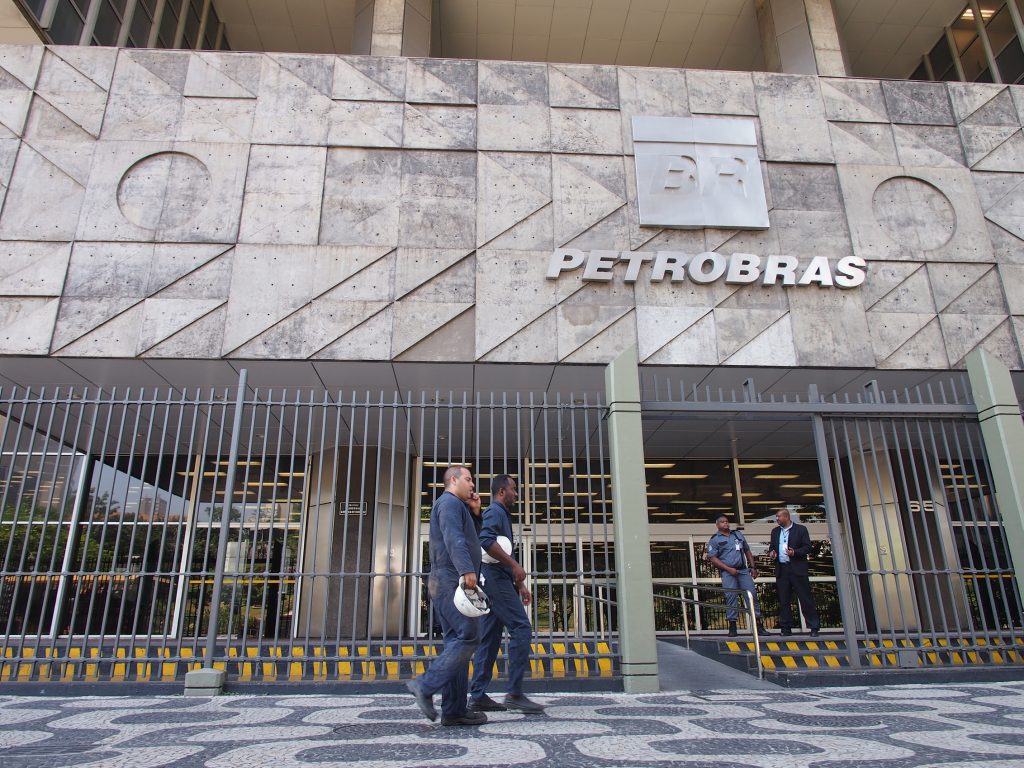São Paulo – Petrobras stepped up its oil imports year-to-date through September and during q3, results released by the company this Tuesday (6) show. The Brazilian state-run oil company posted BRL 23.6 billion in net profit through September, the best result since 2011.
Through September, the company imported 157,000 barrels of oil, 47,000 barrels of diesel, 9,000 barrels of gasoline and 111,000 barrels per day (bpd) of other products. Year-on-year, daily oil imports climbed by 34,000 on average, with diesel imports increasing by 32,000 barrels. Imports of other items slowed down.
But Q3 saw Petrobras imports pick up across the board, for oil, diesel, gasoline and other products. Imports averaged 207,000 bpd for oil, up 27,000 barrels from Q2; 91,000 bpd of diesel, up 41,000 barrels; 17,000 barrels of gasoline per day, up 10,000 barrels; and 124,000 barrels of other products, up 8,000 barrels.
“Weaker oil production led to a drop in oil exports, and rising domestic sales coupled with a smaller amount of processed product helped drive up spending on imports, especially those of diesel,” the company reported regarding Q3. Despite the hike in imports and the slowing of exports, Petrobras remains a net exporter of oil and oil products.
Brazil produces mostly heavy oil, which is denser and harder to refine. Industry players import light oil to mix it with local oil prior to refining. The lighter variety is also better in manufacturing certain products.
Petrobras shipped 415,000 bpd through September, down 135,000 barrels from the year-ago period. Oil products exports increased from 158,000 bpd to 181,000 barrels. Q3 saw oil exports drop to 322,000 in Q3 from 429,000 barrels in Q2. Oil products exports climbed from 162,000 to 189,000 bpd.
The company reported that its oil trade surplus grew narrower due to the decline in output. For oil and oil products combined, net exports came out to 272,000 bpd through September, down from 385,000 bpd through September 2017. “The drop in net oil product exports stems from rising imports, especially those of diesel, fueled by increased market share and demand,” Petrobras explained.
Year-to-date through September, net profit was up 371% for Petrobras, driven by bigger margins on oil product sales in Brazil and elsewhere, as a result of an international oil price hike and the depreciation of Brazil’s real relative to the US dollar. The company’s diesel sales also increased, with market share going up, spending going down in the wake of expenditure control, and interest spending going down as a result of diminishing debt.
Q3 net profit was BRL 6.6 billion, up significantly from BRL 266 million in Q3 2017, but down 34% from Q2 2018. Market players were expecting better results in Q3, and the company’s shares were bearish this Tuesday.
Translated by Gabriel Pomerancblum




